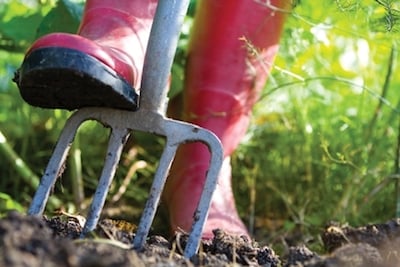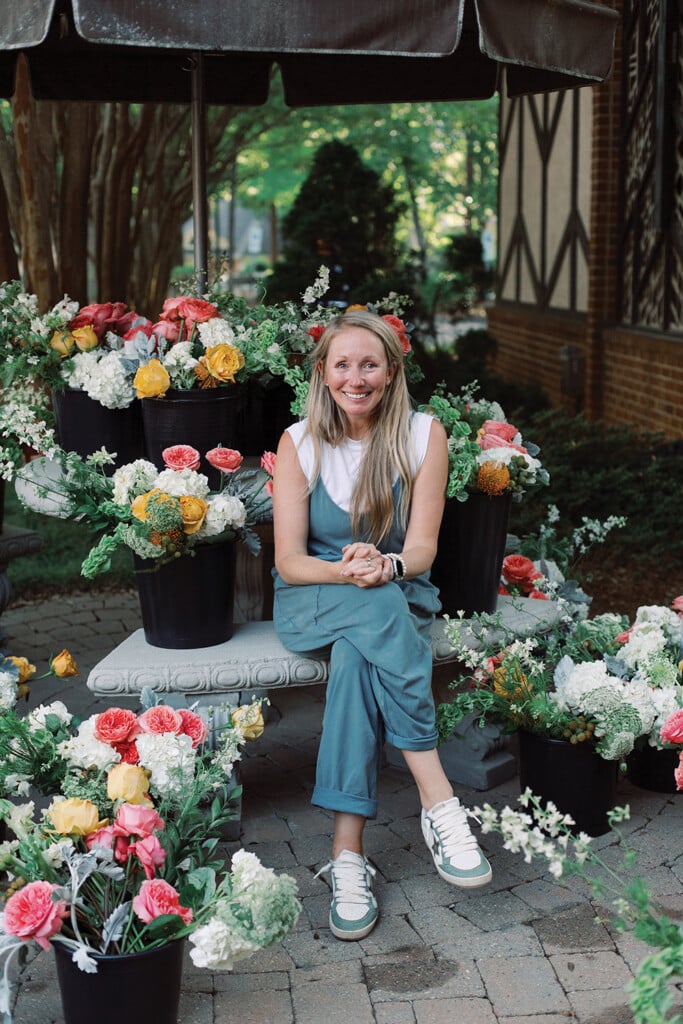Fall Edibles
An Extension Master Gardener shares a few tips, resources, and upcoming learning opportunities

Fall is prime time in our area to grow greens, lettuce, and root vegetables. It's also a good time to transplant spring producers, such as blueberry and strawberry plants, to give them two seasons to get established before they begin flowering and producing fruit.
Planting a fall vegetable garden can be a step toward holiday planning. Fresh vegetables, such as peas, beans, spinach, and carrots, make delicious, affordable additions to Thanksgiving and Christmas menus.
"Cool season vegetable gardens are absolutely my favorites," says Margaret Genkins, a Mecklenburg Extension Master Gardener.
Right now is the ideal time for direct seeding of lettuce, spinach, kale, cilantro, beans, and peas. For vegetables that fare better as transplants, such as broccoli, cabbage, and Brussels sprouts, you'll need to purchase transplants if you don't have some ready to go in the ground. The transplants need to be started six or eight weeks before they're moved outside.
When selecting plants at the nursery, look for full, green leaves with no brown or black spots. Wilted plants have been allowed to dry out at least once, which weakens the plant.
Several types of greens will make it through the winter in our climate, although it depends on the severity of the winter. Genkins recommends that people watch the weather and cover their vulnerable crops with a sheet or tarp when the temperatures are expected to drop. She often manages to keep her kale and arugula through the winter. She harvests those greens by cutting off the entire bunch one inch above the soil. Provided the soil temperature stays moderate, the greens will regenerate.
As trees begin to drop their leaves this fall, Genkins makes the most of them by chopping them with her lawn mower and spreading them onto her ornamental and edible beds. Leaves or mulch help retain moisture and warmth in the soil.
Genkins and others at the Mecklenburg County Cooperative Extension will share these tips and many more suggestions on soil cultivation, plant selection, and caring for cool-season crops this Wednesday, Sept. 10, from noon to 1:30 p.m. during the Fall is for Planting class. The class is part of the Extension's Sustainable Living Series. Register for the free workshop by clicking here.
Genkins also recommends using this Central North Carolina Planting Calendar published by the N.C. Cooperative Extension. The calendar includes specific date ranges for planting a variety of annual vegetables, fruits, and herbs as seeds and transplants. As always with planting, though, the chart is a guide, and the ultimate decision-maker is the weather.





